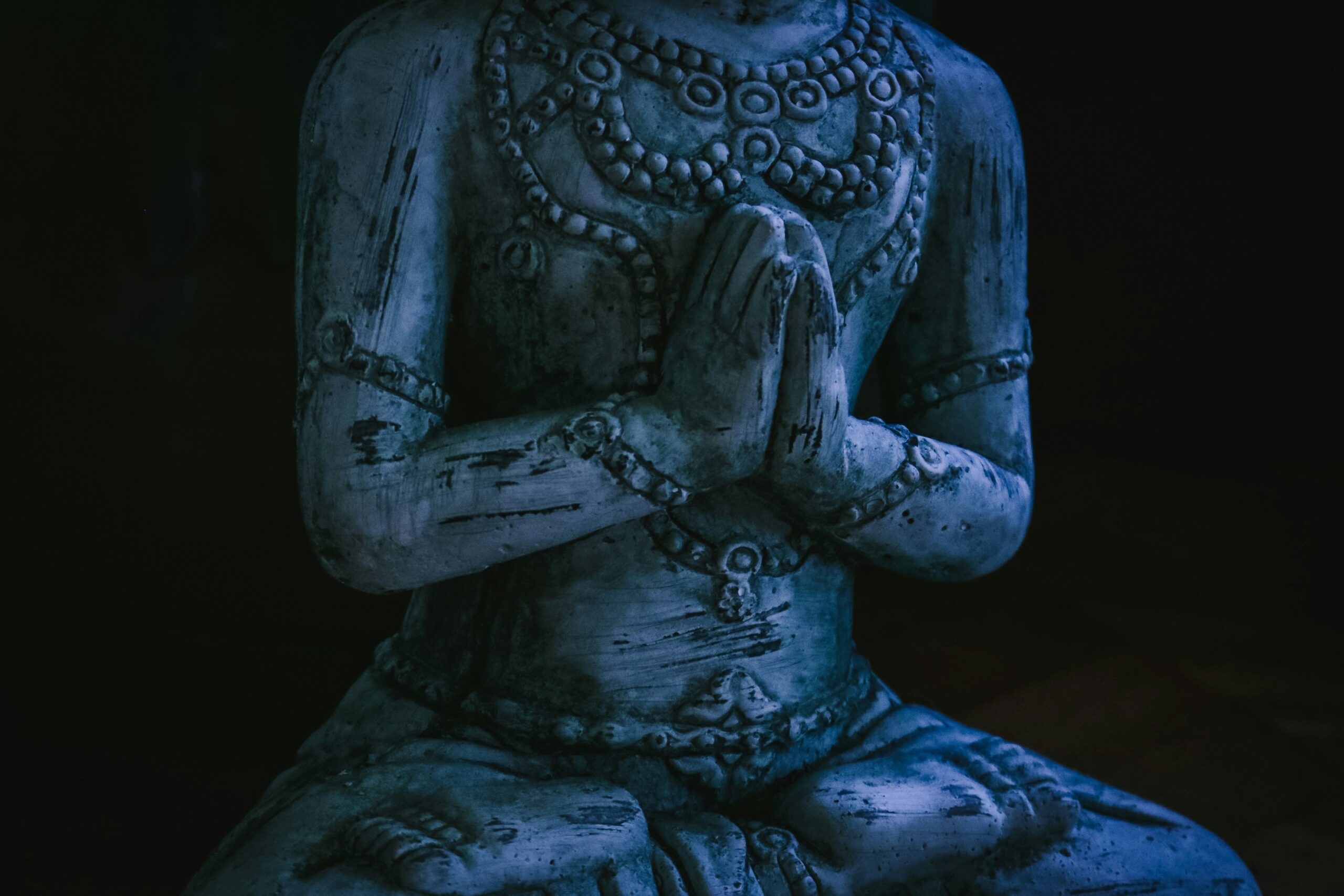Let us speak, for a moment, not of the Heavens that seemed silent, nor of the chariots and horsemen that were sorely missed, but of the other powers. The carved ones. The gilded ones. The ones with eyes that saw not, ears that heard not, and mouths that, on that terrible dawn of October 7th, spoke no word of salvation.
Where, indeed, was the Baal, once so loudly invoked on Mount Carmel? Did his stone ears twitch? Did his wooden hand lift to smite the invaders? Alas, the prophet Elijah knew his kind: either talking, or pursuing, or in the lavatory, or perhaps asleep and must be awakened! On October 7th, he was, it seems, firmly in the latter category, curled up in a divine slumber so deep no piteous wail could stir him.
And the Asherah, the venerable pole? Did she offer shade or succor? Did her silent presence deter a single terrorist? She stood (or lay, or was perhaps tucked away in an attic), a mute testament to the futility of trusting in timber when iron gates were being breached. “They are vanity, a work of errors,” the verse reminds us, “in the time of their visitation they shall perish.” And indeed, in the time of visitation, they offered no protection, only the cold, indifferent silence of inanimate objects.
One might have glanced eastward, perhaps towards the serene, cross-legged figures. Had their meditative calm translated into action? Did the detachment from earthly suffering extend to preventing it? The question hangs in the air, unanswered by the still, bronze forms. They remained perfectly composed, perfectly passive, entirely uninvolved in the very messy, very painful business of life and death unfolding outside their tranquil niches. Their enlightenment, it seems, was purely theoretical.
From ancient Moloch, demanding fiery sacrifice and delivering nothing, to the sundry household gods, the teraphim tucked away for luck or guidance – were any consulted? Did any offer counsel? One imagines a desperate plea whispered to a dusty figurine, met only with the profound, unbroken silence that is the idol’s only response. Their power, as the Psalmist knew, is less than the breath of wind: “Their idols are silver and gold, the work of men’s hands… They that make them are like unto them; so is every one that trusts in them.” On that day, the likeness was chillingly clear: equally helpless, equally silent in the face of slaughter.
But lest we confine this folly to ages past, let us consider the modern idols, the technological placebos worshipped with equal, if not greater, fervor. Where were the Watchtowers, bristling with cameras that saw everything and nothing? Where were the Sensors, humming with data that failed to compute the impending doom? Where was the Algorithmic Eye, trained to detect every anomaly but blind to the manifest evil approaching? They were there, of course, blinking lights in climate-controlled rooms, generating alerts that were ignored, overridden, or drowned out by the sheer volume of their own digital noise.
These, too, were works of men’s hands, fashioned with ingenuity and immense resources, trusted implicitly to provide security. They were the golden calves of the digital age, before which knees were bent and confidence prostrated. Policy was shaped by their supposed infallibility, strategy dictated by their detached omniscience. Why fear the unseen when the seen was so thoroughly monitored? Why ground decisions in the ancient, humbling fear of Heaven when the fear of the immediate, technologically-detectable threat seemed sufficiently managed?
And so, while the ancient idols stood mute in their dust and drapery, the modern ones blinked their oblivious lights. The Wall, the pride of human engineering, was breached with ease. The “concept” of containment, built on layers of analysis and defense, crumbled in hours. It was a stark, tragicomic demonstration that trusting solely in the chariots and horses of the digital age, in the fortifications of human cleverness alone, leaves one exposed when the ultimate Authority is marginalized. The policy divorced from the “fear of G-d,” from the recognition of human limitations and the unpredictable hand of providence, found its technological guardians as useless as the idols of Baal.
So, where was Buddha on October 7th? And where was Ba’al? And where was every graven image, every lucky charm, every object of misplaced faith, whether carved from wood or coded in silicon? Precisely where they always are: nowhere that matters, doing absolutely nothing. The tragic joke, the cosmic, awful slapstick, is on those who ever believed they could be anywhere else, especially when policy chose to trust their silent, impotent gaze over the profound, necessary awe of the One who truly sees, hears, and cares.





